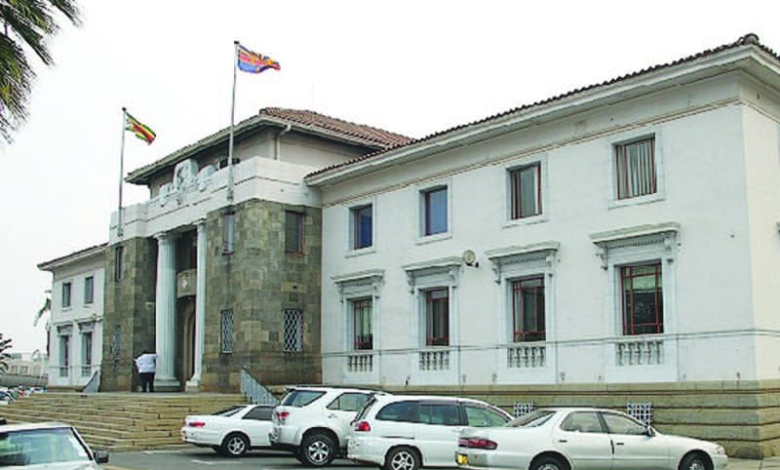Harare City Council’s Crisis: No Toilet Paper or Printing Supplies

Harare City Council is embroiled in yet another embarrassing controversy, this time facing a critical shortage of essential supplies, including toilet paper, printing equipment, and stationery across its departments. A memo from Acting Chamber Secretary Warren Chiwawa, dated January 29, 2025, exposes the council’s glaring mismanagement and lack of prioritization.
The memo reveals that the Committees Division has been operating without key supplies like printing cartridges, printers, bond paper, and detergents since last year. It also highlights a severe lack of typing and electronic equipment such as iPads, laptops, scanners, and desktops required to produce agendas and minutes.
“Please be advised that my Committees Division ran out of printing cartridges, printers, bond paper, duplicating tissue, toner, ink, and other accessories since the previous year,” wrote Chiwawa. He added that the council had passed resolutions to address these shortages but had yet to take action.
The shortage is a damning reflection of the council’s inefficiency, further compounded by a history of corruption and maladministration.
A Pattern of Neglect and Scandal
This latest revelation comes amidst ongoing investigations into Harare City Council’s operations since 2017, led by a commission of inquiry chaired by retired High Court judge Justice Maphios Cheda. The probe has uncovered extensive corruption and incompetence, including the theft of US$4.5 million from Harare Quarry in 2017, with no recovery efforts made. Shockingly, councillors reportedly spent over US$11 million in just seven months.
Harare residents have borne the brunt of these failures. Essential services like water supply, waste management, and road maintenance are in shambles. Many suburbs go weeks without clean water, forcing residents to rely on unsafe alternatives, while uncollected trash and pothole-riddled roads exacerbate public frustration.
A Crisis of Confidence
The council’s inability to provide basic office supplies such as toilet paper raises serious questions about its capacity to serve its residents effectively. Testifying before the commission, Chiwawa admitted that the council’s procurement system was to blame for the chaos.
The ongoing failures reflect a broader crisis of governance within the council. Harare residents, already struggling with poor service delivery, now face the indignity of knowing that their leaders cannot even manage internal operations.
Urgent Need for Reform
Harare City Council’s incompetence is eroding public trust, with residents increasingly demanding accountability and action. The government, civic organizations, and the public must intensify efforts to address corruption and mismanagement within the council.
Without immediate reforms, Harare risks further deterioration in its infrastructure and quality of life, leaving residents to pay the price for their leaders’ failures.




